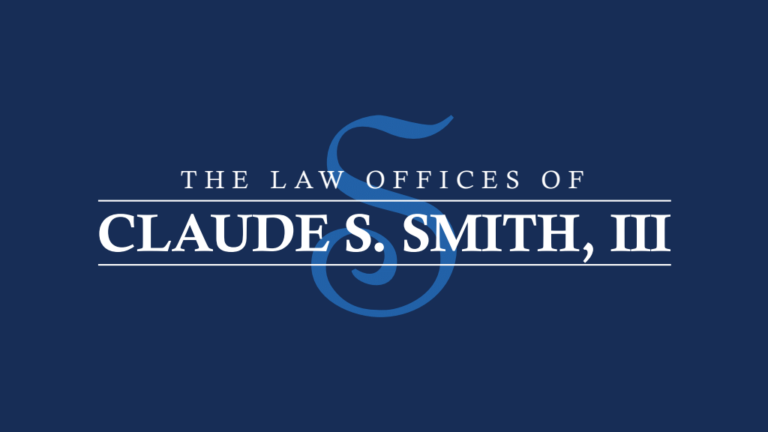
Avoiding the costs and extensive time needed to settle an estate through probate is one reason people like to use trusts in estate planning. This type of trust allows you to designate a trustee to manage the assets in the trust after you have passed. This is especially important if heirs are minor children or adults who cannot manage a large inheritance. A living trust, as explained in the article titled “The Lowdown on Living Trusts” from Kiplinger, has additional benefits. However, there are some pitfalls to be cautious about, especially concerning transferring assets.
Certain assets do not belong in a living trust. Regardless of their size, some assets should never be placed in a living trust, including IRAs, 401(k)s, tax deferred annuities, health savings accounts, and medical savings accounts and others.
Placing these assets in a trust requires changing the ownership on the accounts. Don’t do it! The IRS will treat the transfer as a distribution. You will be required to pay income taxes and penalties, if any are triggered, on the entire value of the account.
You may be able to make the trust a beneficiary of the retirement accounts. However, it is not appropriate for everyone. Changes to IRA distribution rules from the SECURE Act may make this a dangerous move, since the trustee may be required to empty the IRA within ten years of your death.
For practical purposes, assets like cars, boats or motorcycles do not belong in a trust. To transfer ownership to the trust, you will need to retitle them. This would result in fees and taxes. You would also have to change the insurance, since the insurance company may not cover assets owned by trusts. The cost may outweigh the benefits.
Assets belonging in a trust include real estate, especially your primary residence. Placing your home in a trust will minimize the hassle of transferring the home to heirs, if this is your plan. If you own property in another state, transferring the title to a living trust allows your estate to avoid probate in more than one state. Remember to get a new deed to transfer ownership to the trust. If you refinance or take a home equity line of credit, you may need to transfer the property out of the trust and into your name to get the loan. You will then need to transfer the property back into the trust.
Financial assets can be placed in a trust. Stocks, bonds, mutual funds, CDs, money market funds, bank savings accounts and even safe deposit boxes can be placed in a trust. There may be a lot of paperwork, and in some cases, you may need to open a new account in the name of the trust.
Once the trust has been created, do not neglect to fund it by transferring assets. Retitling assets requires attention to detail to make sure all of the desired assets have been retitled. The trust needs to be reviewed every few years, just as your estate plan needs to be reviewed. Be sure to have a secondary trustee named, if you are the primary trustee.
Trusts are an excellent option if you live in a state where probate is onerous and expensive. Assets placed in the trust can be distributed with a high degree of specificity, which also provides great peace of mind. If you believe your oldest son will benefit from receiving a large inheritance when he is 40 and not 30, you can do so through a trust. The level of control, avoidance of probate and protection of assets makes the living trust a powerful estate planning tool.
To maximize your benefits and avoid the pitfalls in estate planning schedule a call convenient to you this week.
Reference: Kiplinger (March 24, 2022) “The Lowdown on Living Trusts”
Legal problems are extremely stressful, especially when your family, your health, or your freedom are at stake. At this point in time, you may not even be sure what kinds of questions you need to ask a lawyer, but that’s entirely normal. Whether your situation involves family law, estate planning, elder law, a criminal charge, or a personal injury, we will start by giving you all the information you need.
The way we see it, you deserve to get this information directly from an expert. That’s why we make it easy for you to get in touch with your lawyer, and we never ask you to sit down with a paralegal or assistant instead.
As our relationship continues, we will keep you updated about the status of your case every step of the way. Your lawyer will reach out regularly to tell you about any new developments, and he will also be happy to answer any questions you have throughout the process.
